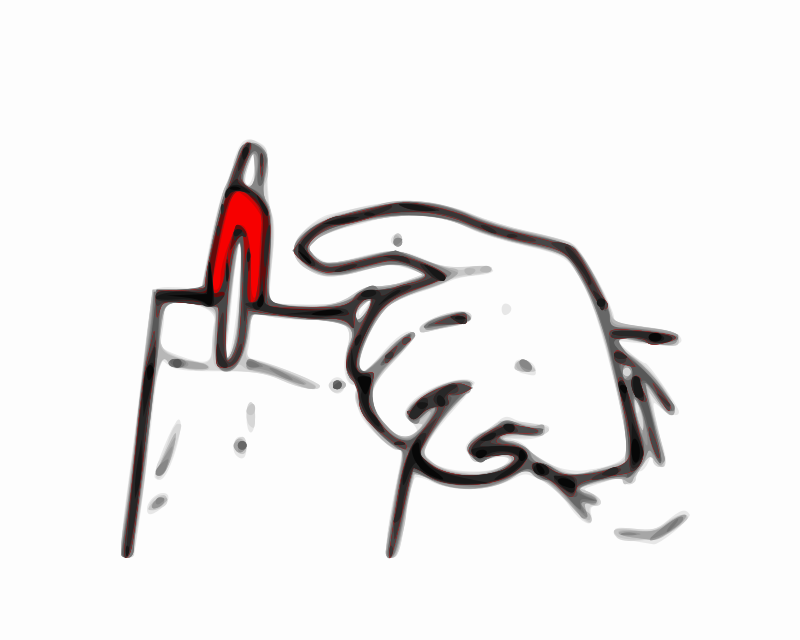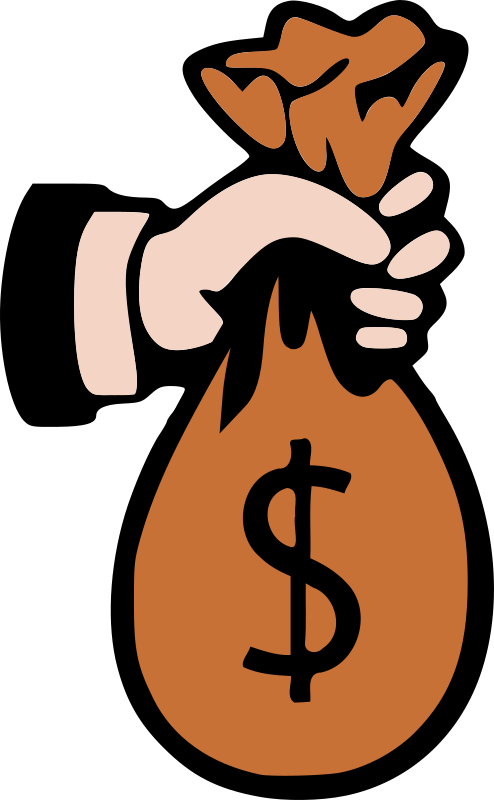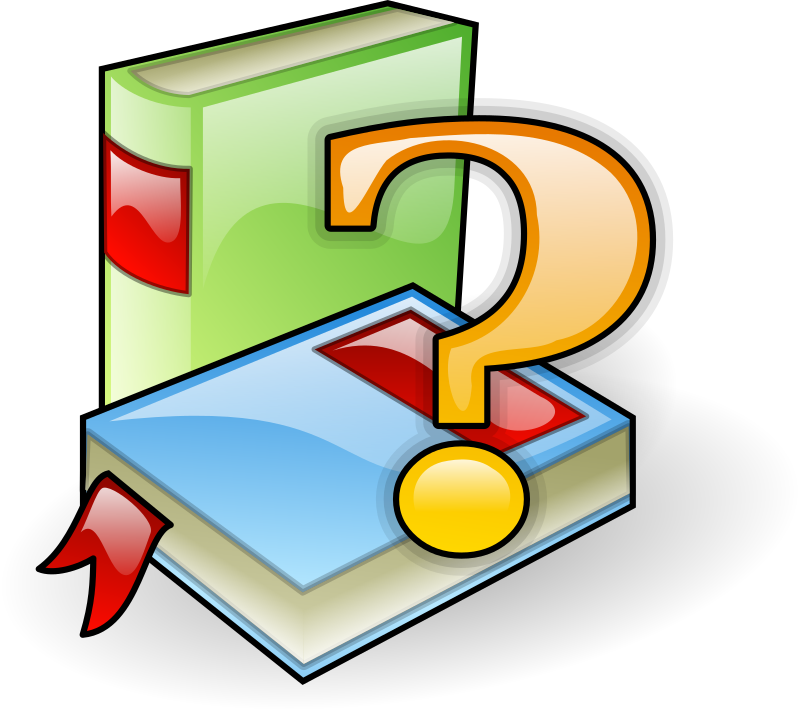Language is an ever-changing entity. It lives and breathes. You can easily find the proof of it. Open up a novel written 100 years ago, something by Mark Twain for example, and now go open one that was published this year. You'll find extreme differences in the language used. But there are some grammar and punctuation rules that won't ever change, and never have changed...and yet somehow, people still manage to get it wrong.
There's No Apostrophe in Yours
The rules of using 's are extremely clear. They're hard and fast. And they have not changed since the very first rules of language were invented. So why, why, do we keep getting it wrong?
It's a riddle for the ages. But I am dedicated to repeating this rule, and pointing to it, until no one is making the mistake anymore.
I'm going to make it very clear again: 's is not used to pluralize. It never makes anything plural, not ever. That's why all of the following examples are wrong:
Did you see all these envelope's?
How many Twitter follower's do you have?
Have you watched all those episode's?
Yes, all of the above examples are wrong because all of the above examples are pluralized words. Eliminate all the
apostrophes,
and now everything is correct. You see,
's is only used for two reasons, and neither of them have
anything to do with making something plural.
Let's look at the first example of 's: substitution.
In the sentence above, I'm actually saying let us look at the first example. The same thing is true for the word it's. Such as it's a beautiful day. What I'm really saying is it is a beautiful day. The apostrophe in the sentence is used as a substitution for the missing letters. This is how all contractions work.
But 's is also used in another way: to show possession.
That is Becky's envelope.
It was my follower's tweet.
That episode's final scene was crazy.
The above examples use the same subject matter as the first wrong examples we looked at, but all of these examples are correct. In the first, we are talking about something that belongs to Becky. This is why it becomes Becky's, with the 's. The tweet belongs to a follower on Twitter, so it is the follower's. The final scene in one episode is crazy, so it is the episode's.
Use 's in any other way, and you're using it wrong.

























